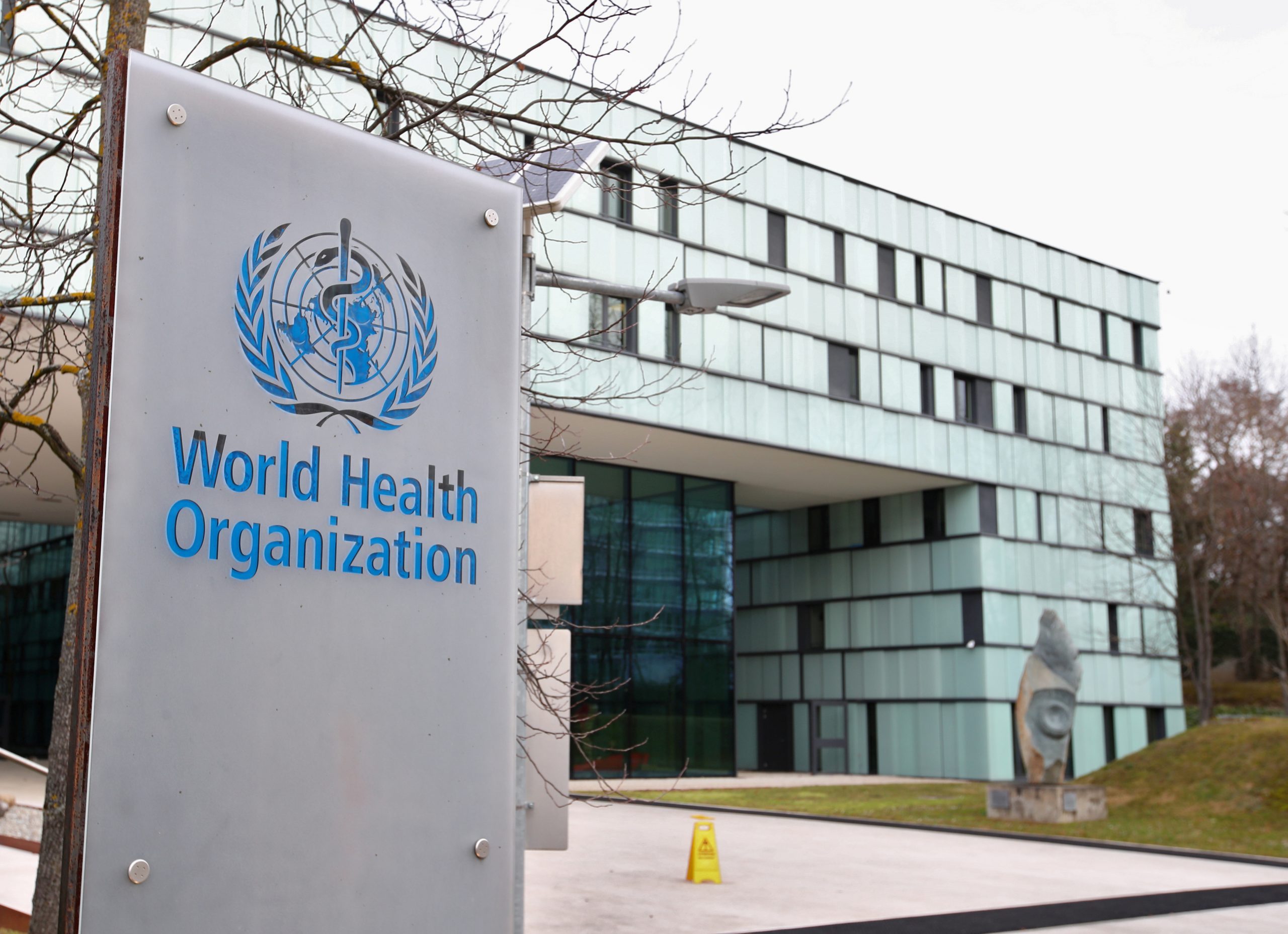Conservatives have posed the question since the start of the pandemic: Was the coronavirus leaked from a lab in Wuhan, China?
For months, the theory was labeled a conspiracy. Big Tech bore down on anyone who entertained the notion and, of course, talking heads like White House Chief Medical Advisor Dr. Anthony Fauci clung to (and still cling to) the notion that this virus originated from a Wuhan wet market instead.
But censoring alternative opinions is one way of raising suspicion. If Big Tech and the establishment media are eager to silence an alternative opinion, does that mean it bears some weight or could, perhaps, further the public’s distrust in popular narratives going forward?
Well, the “conspiracy theory” doesn’t seem so far-fetched to the general public anymore. In fact, even Dr. Peter Embarek, who led the World Health Organization’s probe into COVID-19’s origins, is walking back his previous dismissal of the theory, according to the U.K.’s Daily Mail.
The outlet reported that Embarek is weighing the possibility of the virus escaping a Wuhan lab — specifically, the Wuhan Institute of Virology we’ve heard so much about in recent months — via a researcher who may have been infected by lab samples involving bats.
To many of us, some form of the idea has been plausible since the beginning.
But it’s especially shocking to see leading officials acknowledging it — especially considering it’s coming from someone who previously maintained that no evidence supported the lab leak theory while still on his “fact-finding mission” in China, according to the outlet.
Embarek also reportedly insisted that no evidence sustained claims that the virus had been transmitted in “Wuhan or elsewhere” prior to December 2019.
The outlet reported he walked back this claim shortly after discovering there were 13 known variants in China that same month, however.
In a nutshell, it’s a drastically different attitude toward the virus from what we’re hearing from him now.
“The first outbreak of coronavirus in China in the fall of 2019 may well have been started by an employee at one of the city’s laboratories who has been infected by a bat during fieldwork or at one of the laboratories in Wuhan,” Denmark’s Tv2 reported, following an interview with Embarek.
“An employee who was infected in the field by taking samples falls under one of the probable hypotheses,” Embarek said in January 2021, TV2 reported.
According to the outlet, Embarek led a team of researchers into China this spring to investigate the coronavirus’ origins.
After the investigation concluded earlier this year, the WHO published a report stating that the laboratory leak theory was “extremely unlikely,” and that COVID-19 “likely” originated from bat-to-human transmission instead.
Embarek elaborated on that idea a little further, however.
He established the plausibility that the two theories could work in conjunction with each other — with a hypothetical Wuhan lab researcher (aka COVID Patient Zero) becoming infected with the virus after handling lab samples from bats and transmitting the infection to other humans.
So, we can extrapolate one thing from this report that seemingly conflicts with Embarek’s original hypothesis.
To quote TV2’s article, “an infected laboratory worker is a likely scenario despite the wording of the report.”
Is it time for conservatives to start their waves of “I told you so”? (Not because the lab leak theory has been proven — since it hasn’t — but because the idea doesn’t seem so preposterous anymore.)
The left has proven itself incapable of demanding the truth since the dawn of the pandemic, but, thankfully, some officials like Republican Kentucky Sen. Rand Paul have proven themselves worthy throughout the war we’re waging.
It’s time to get to the bottom of this and to stop censoring opinions that may not completely align with the popular narrative so everyone can arrive at their own conclusions.
Why did the establishment so vehemently oppose the question circulating in the past? We can speculate all day or chalk it up to their long-touted crackdowns on “misinformation,” but recent developments prove that open discourse is the best route to arrive at an educated conclusion.
Maybe the next time a catastrophe arises and its origins remain obscure, alternative opinions won’t be so readily objected to.
This article appeared originally on The Western Journal.

























 Continue with Google
Continue with Google